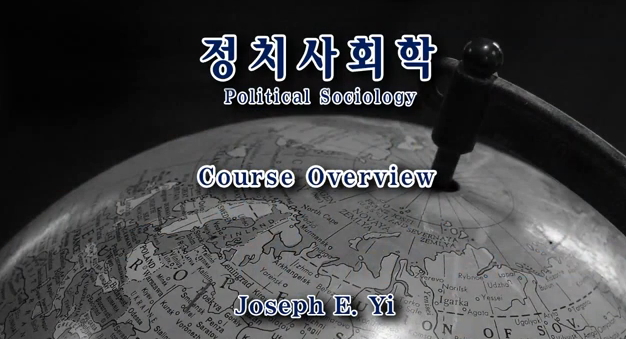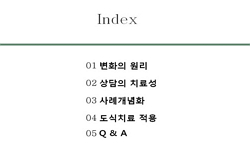This study investigated the risk and protective processes that were important to the social and cognitive outcomes of children growing up in poverty. We examined risk and protection with the lives of 703 African-American mothers and their children (3...
http://chineseinput.net/에서 pinyin(병음)방식으로 중국어를 변환할 수 있습니다.
변환된 중국어를 복사하여 사용하시면 됩니다.
- 中文 을 입력하시려면 zhongwen을 입력하시고 space를누르시면됩니다.
- 北京 을 입력하시려면 beijing을 입력하시고 space를 누르시면 됩니다.
The influence of risk and protective processes on the competence of children growing up in poverty.
한글로보기https://www.riss.kr/link?id=T10544545
- 저자
-
발행사항
[S.l.]: University of California, Los Angeles 1999
-
학위수여대학
University of California, Los Angeles
-
수여연도
1999
-
작성언어
영어
- 주제어
-
학위
Ph.D.
-
페이지수
184 p.
-
지도교수/심사위원
Chair: Carollee Howes.
-
0
상세조회 -
0
다운로드
소속기관이 구독 중이 아닌 경우 오후 4시부터 익일 오전 9시까지 원문보기가 가능합니다.
부가정보
다국어 초록 (Multilingual Abstract)
This study investigated the risk and protective processes that were important to the social and cognitive outcomes of children growing up in poverty. We examined risk and protection with the lives of 703 African-American mothers and their children (304 boys) who were living in Fulton County, Georgia. These families were part of the National Evaluation of Welfare to Work Strategies Child Outcomes Study that followed children for two years from when the children were three to five years of age. Discriminant function analyses were used to determine “sensitive” risk indices for resilient cognitive (Bracken Basic Concept Scale) and behavioral (Behavior Problems Index, Positive Child Behavior Scale) outcomes. Structural Equation Models were estimated to determine the importance of the timing and duration of risk and protection, to determine what variables interact with risk levels to “protect” high risk children and to determine whether risk and protection operates differently for boys and girls. We found that sensitive risk indices and protective variables (early cognitive skills. early social maturity, early education and care, cognitive stimulation, maternal warmth, social support, and maternal employment) contributed to reasonable models of children's social and cognitive competence. Specifically, early cognitive and social skills as well as the early risk environment were strong predictors of later cognitive and social skills. Cognitive stimulation in the home and outside of the home (e.g., in early education and care arrangements) was protective for cognitive outcomes among higher risk children. There was evidence of direct ameliorative effects of early behavior and maternal warmth in relation to behavioral competence but no evidence of protection among the examined variables. Finally, risk and protection operated differently in relation to male and female children.











